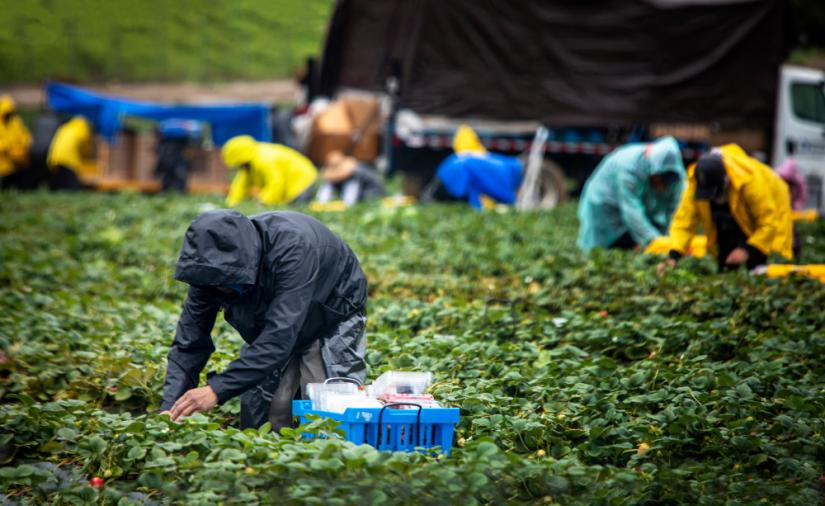A new report highlights the need for urgent reform of court processes to ensure migrant workers can recover wages they're owed.

Image: Adobe Stock by F Armstrong Photo
Widespread underpayment of migrant workers (and local workers) is now well-documented – and a new report shows how hard it is to recover those wages at court. All Work, No Pay urges the Federal government to take urgent action to ensure the most vulnerable workers in our community can get redress.
University of Technology Sydney (UTS) Associate Professor Laurie Berg, Co-Executive Director of Migrant Justice Institute, says the court processes must be reformed to deliver migrant workers the wages they’re owed.
"It is currently almost impossible for many migrant workers to make and pursue wage claims without legal support,” she says.
The “small claims” court process was intended to be simple and accessible. The report finds that, in reality, it is virtually impossible for many workers to file and pursue a small claim without legal support. And affordable legal support is extremely limited.
While hundreds of thousands or potentially millions are underpaid every year, in 2022-23 only 137 people went to court. Findings from MJI’s survey also bear this out: of 4000 migrant workers, over half were underpaid. Most knew this, but 9 in 10 did nothing. One went to court – but recovered none of their wages.
The report was authored by Associate Professor Berg, UNSW Sydney Associate Professor Bassina Farbenblum, Co-Executive Director of Migrant Justice Institute, and Migrant Justice Institute researchers Fiona Yeh and Catherine Hemingway.
The report sets out a blueprint for reform, endorsed by 24 legal service providers and community and anti-trafficking organisations across Australia. These reforms include:
- More accessible, simpler court processes
- A new pathway for wage claims at the Fair Work Commission, and potentially establishment of a new Fair Work Court
- More funding for legal assistance
- A new government guarantee scheme so workers get paid where the employer disappears, liquidates or refuses to pay
Associate Professor Farbenblum says for most migrant workers in Australia, the risks and costs of making a wage claim outweigh the slight prospect of success.
"Existing legal processes are complex and inaccessible. This incentivises employers to underpay their workers, assuming that workers will never hold them to account,” she says.
Imogen Tatam, Senior Lawyer (Law Reform), Circle Green Community Legal, said that in her work she sees time and again how migrant workers struggle with the small claims process, or choose not to make claims at all.
"These are the clients that silently suffer underpayments and maltreatment when they are already facing the challenge of trying to build a life in a new and unfamiliar country,” she says.
“Legal proceedings are daunting, difficult, and costly for everyone. For a migrant worker who is unfamiliar with Australian laws, the English language, and may be facing significant disadvantage in other aspects of their life, legal proceedings are near impossible.
"Despite evidence that migrant worker exploitation and underpayment is rife, this important Report by the Migrant Justice Institute clearly shows how the legal system is failing migrant workers, and outlines what the Federal government needs to do. The legal system should not, and cannot, be another enabler of migrant worker exploitation, where it should be preventing and rectifying the issue."

